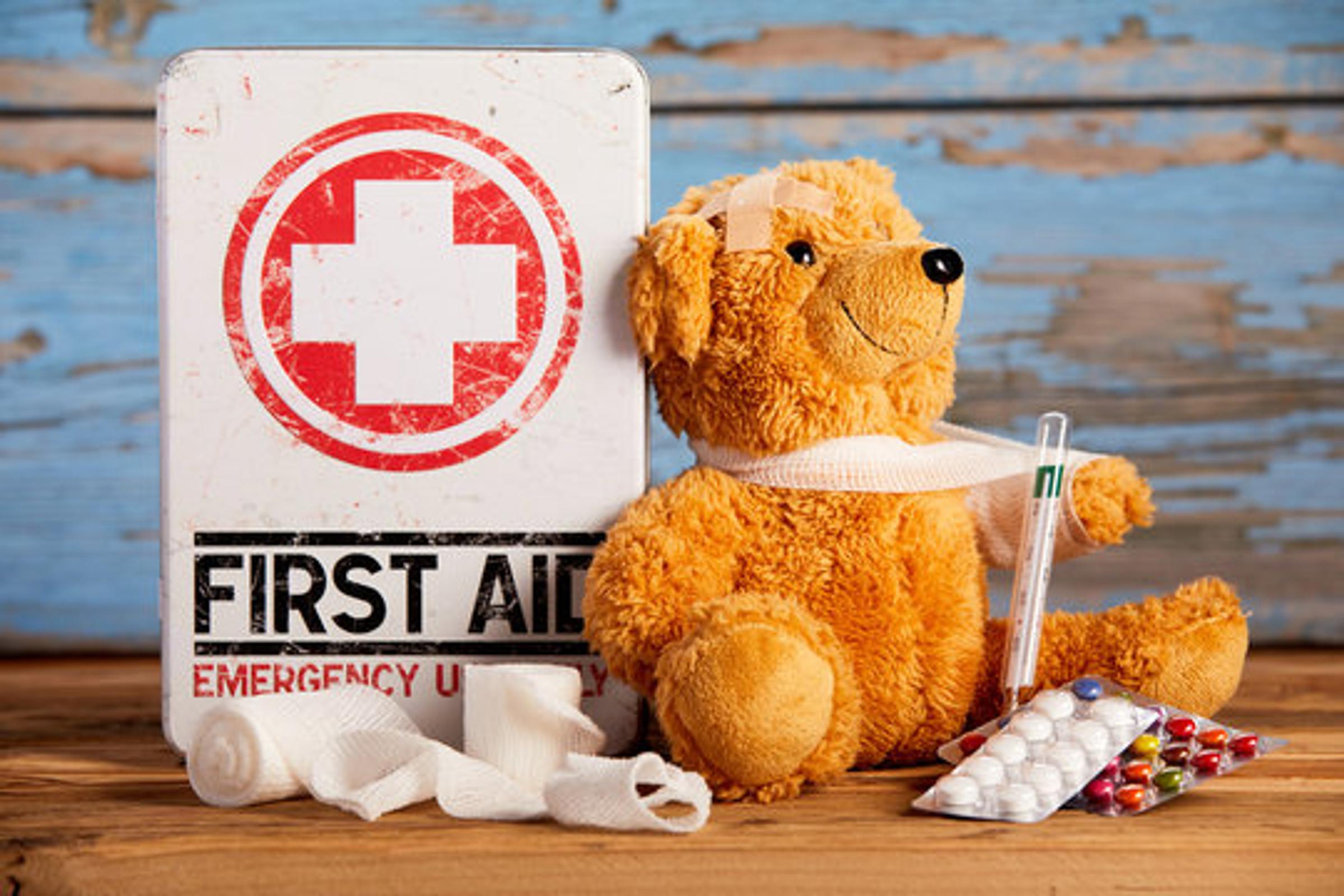First Aid News
Asthma

First Aid News
Asthma
Every year, Australian kids are at risk of an asthma flare up and hospitalisation as they head back to the classroom. This is created by a more relaxed approach to asthma management over the break, which can contribute to less controlled asthma and may make kids more vulnerable to common schoolyard triggers like respiratory viruses. (1)(2)
Asthma Australia has created a five-step checklist for parents of kids with asthma to follow this year to help ensure their child’s asthma is well controlled at the beginning of the school year and beyond:
1. Book an asthma review
Book an appointment with your doctor or healthcare provider to discuss your child’s asthma. Your appointment should cover any symptoms you may have observed over the break and what you need to do to get back on track in preparation for return to school. This might include a renewed or updated prescription, a review and discussion about your child’s triggers, and the completion of a comprehensive management plan, which will include their Asthma Action Plan (see next point). A lung function test might also be recommended.
2. Update your child’s Asthma Action Plan
During the asthma review, ensure your healthcare professional has completed and signed a written Asthma Action Plan for your child. Schools and outside-school-hours-care require a current plan for your child at the start of the school year. Asthma Australia offers Asthma Action Plan templates that can be downloaded and taken along. Be sure to fully understand how this plan should be used in case of worsening symptoms. (Remember to keep a copy to follow at home too.)
3. Make contact with your child’s school
Check with the school about their medicine policy and work with the team to find the best way to manage your child’s asthma medicine if they need it at school. Make time to talk with the class teacher and the school nurse about your child’s asthma, their written Asthma Action Plan and their usual triggers, symptoms and medicine. Also talk to your child’s sport coaches and supervisors of other school, and extra-curricular, activities.
4. Check your child’s reliever
Check the expiry date of your child’s reliever medicine and check the dose counter to make sure there is plenty of medicine remaining. Purchase any new medicine needed and buy a new spacer and mask (if age appropriate) for your child to leave at school. Also make sure your pharmacist labels the medicine with your child’s name.
5. Keep your child’s school updated throughout the year
Remember to keep staff up to date with any change to your child’s asthma management. If your child’s asthma management changes during the year, you will need to get their written Asthma Action Plan updated and provide it to the school. Equally, if your child has had an asthma event at school which required treatment, ensure you get a complete explanation from your school and transmit it to your doctor at earliest opportunity.
Most parents and educators have never heard of back-to-school asthma
CEO of Asthma Australia Michele Goldman said “Among children, there is a peak in asthma hospitalisations in February. This is likely related to respiratory infections associated with a return to school and childcare, with lower use of preventer medications during school holidays potentially contributing to this. We have seen similar patterns in Northern Hemisphere countries as well.
“Asthma Australia surveyed parents of school-aged children with asthma and 80 per cent said that they had not heard of back-to-school asthma. A similar percentage of teachers and educators were also unaware of the asthma risk for kids in late summer.
“That’s why it’s important for us to let parents know about their child’s potential back-to-school asthma risk and outline the five very actionable steps they can take to support their health at this time of year.
“We encourage parents to book an asthma review with a healthcare professional, make sure their child’s Asthma Action Plan is up-to-date, touch base with their school, check and update their child’s asthma medication and keep their child’s school informed of any changes to their Asthma Action Plan as the year progresses.”
Taken from the Asthma Australia site
https://asthma.org.au/resources/
Brooke Witherow
First Aid Officer